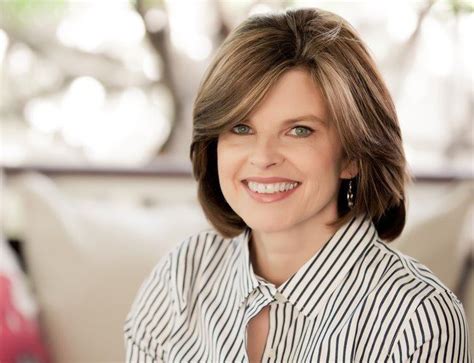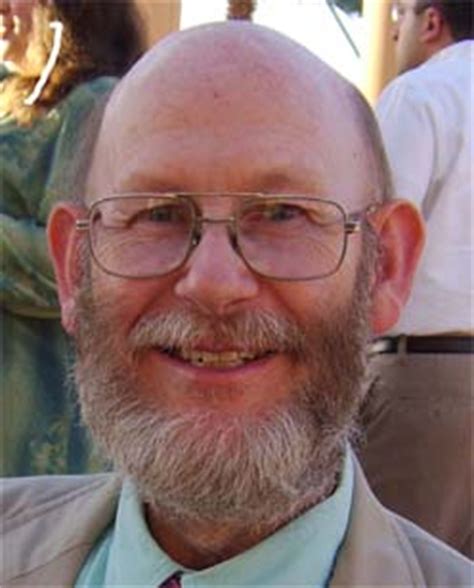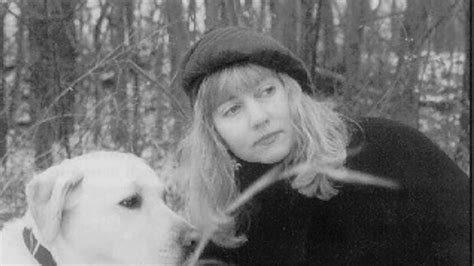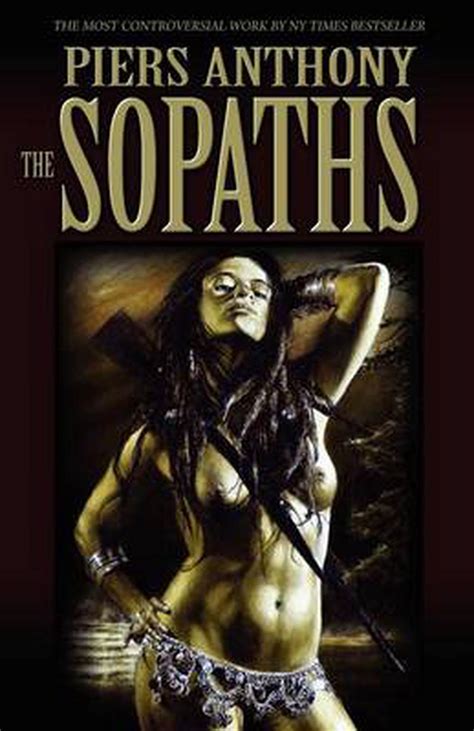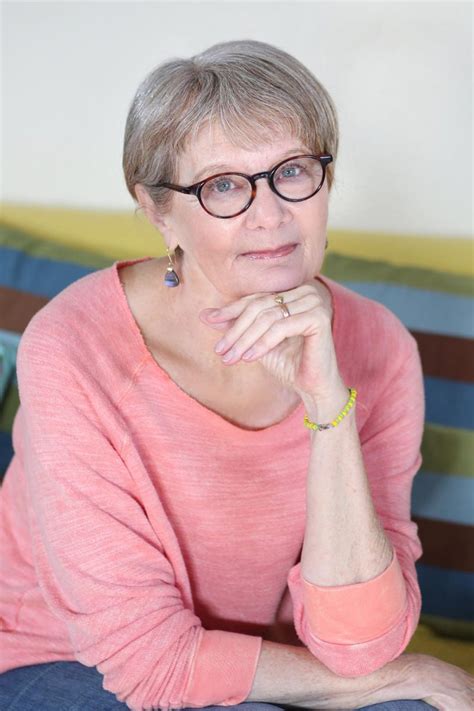A Quote by Caitlin Flanagan
My father was a writer; I've known a lot of children of writers - daughters and sons of writers, and it can be a hard way to grow up.
Related Quotes
It's a critical fallacy of our times ... that a writer should 'grow,' 'change,' or 'develop.' This fallacy causes us to expect from children or radishes: 'grow,' or there's something wrong with you. But writers are not radishes. If you look at what most writers actually do, it resembles a theme with variations more than it does the popular notion of growth.
It feels as though a very disproportionate number of main characters are writers, because that's what the writer knows. Fair enough. But nothing bothers me more in a movie than an actor playing a writer, and you just know he's not a writer. Writers recognize other writers. Ethan Hawke is too hot to be a writer.
There’s a writer for you,” he said. “Knows everything and at the same time he knows nothing.” [narrator]It was my first inkling that he was a writer. And while I like writers—because if you ask a writer anything you usually get an answer—still it belittled him in my eyes. Writers aren’t people exactly. Or, if they’re any good, they’re a whole lot of people trying so hard to be one person. It’s like actors, who try so pathetically not to look in mirrors. Who lean backward trying—only to see their faces in the reflecting chandeliers.
They say that to be a writer you must first have an unhappy childhood. I don't know if unhappiness is necessary, but I think maybe some children who have suffered a loss too great for words grow up into writers who are always trying to find those words, trying to find a meaning for the way they have lived
When I was little, my ambition was to grow up to be a book. Not a writer. People can be killed like ants. Writers are not hard to kill either. But not books: however systematically you try to destroy them, there is always a chance that a copy will survive and continue to enjoy a shelf-life in some corner on an out-of-the-way library somehwere in Reykjavik, Valladolid or Vancouver.
